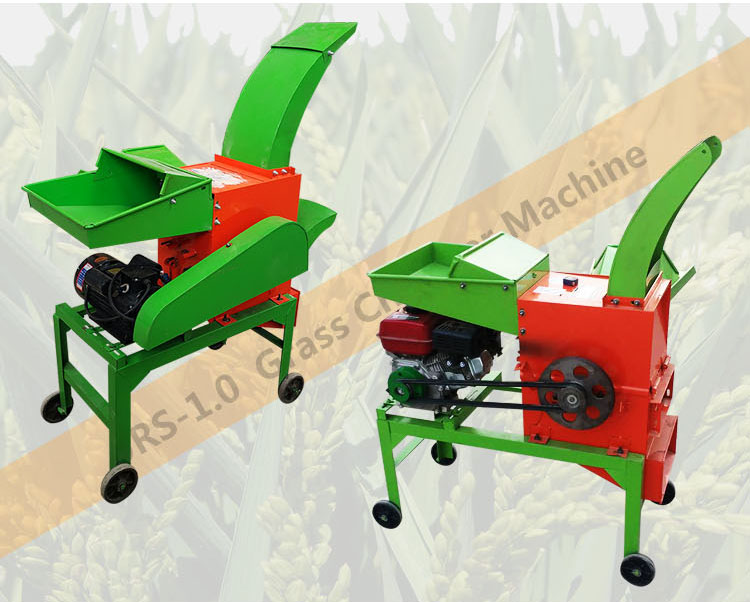Optimizing Boiler Exhaust Fan Efficiency for Improved Performance and Energy Savings in Industrial Facilities
Aug . 10, 2024 23:40 Back to list
Optimizing Boiler Exhaust Fan Efficiency for Improved Performance and Energy Savings in Industrial Facilities
The Importance of Boiler Exhaust Fans in Industrial Applications
In industrial settings, efficiency and safety are paramount. One critical component that often goes unnoticed is the boiler exhaust fan, which plays a vital role in maintaining the overall performance of a boiler system. These fans help manage the exhaust gases produced during the combustion process, ensuring that harmful emissions are effectively vented outside and not released into the workplace. Understanding the functionality and importance of boiler exhaust fans can lead to improved safety protocols, enhanced operational efficiency, and better environmental compliance.
Functionality of Boiler Exhaust Fans
Boiler exhaust fans, also known as flue gas fans or induced draft fans, are designed to draw combustion gases out of the boiler and expel them safely into the atmosphere. During operation, a boiler generates hot gases as a byproduct of burning fuel. These gases can contain harmful pollutants such as carbon monoxide, nitrogen oxides, and particulate matter. If not properly managed, these emissions can pose serious health risks to employees and contribute to environmental degradation.
The primary function of an exhaust fan is to create a negative pressure within the boiler system. This negative pressure enables the efficient removal of flue gases while maintaining the proper combustion atmosphere within the boiler. By drawing out the gases, the fan ensures that the furnace operates at optimal levels, which in turn improves fuel efficiency and reduces operational costs.
Key Benefits of Boiler Exhaust Fans
1. Safety Enhancements The most important advantage of installing an exhaust fan is the enhancement of safety in the workplace. By ensuring the proper venting of exhaust gases, these fans minimize the risk of toxic gas buildup, which can lead to dangerous situations for workers.
boiler exhaust fan

2. Efficiency and Performance Properly functioning boiler exhaust fans improve the overall efficiency of the boiler system. They help maintain the ideal combustion environment, allowing for better fuel utilization. When exhaust gases are effectively removed, there’s a marked improvement in the boiler's thermal efficiency.
3. Regulatory Compliance Many industries are subject to strict environmental regulations regarding emissions. Boiler exhaust fans play a critical role in helping facilities meet these standards, thereby avoiding costly fines and ensuring compliance with environmental laws. Enhanced filtration and monitoring systems associated with exhaust fans can help maintain cleaner emissions.
4. Durability and Reliability Modern boiler exhaust fans are designed to withstand harsh operating conditions. They are typically constructed from robust materials that resist corrosion and wear from high temperatures and reactive gases. This durability translates to lower maintenance costs and longer lifespans for the fans, making them a worthy investment in industrial facilities.
Maintenance and Troubleshooting
To ensure optimal performance, regular maintenance is essential for boiler exhaust fans. This includes checking for blockages, inspecting the fan blades, and ensuring that the motor is functioning correctly. Vibration analysis and thermal imaging can also help identify issues before they lead to significant failures.
In conclusion, boiler exhaust fans are a critical component of industrial boiler systems, playing an essential role in safety, efficiency, and environmental compliance. By facilitating the safe removal of exhaust gases, these fans ensure that boilers operate at their best while protecting workers and the environment. Industries that prioritize the proper maintenance and operation of boiler exhaust fans can significantly enhance their operational efficiency and contribute to a safer workplace. As technology continues to evolve, the future of boiler exhaust fans looks promising, with innovations aiming to further improve their efficiency and reduce their ecological footprint.
-
Hot Sale 24 & 18 Door Rabbit Cages - Premium Breeding Solutions
NewsJul.25,2025
-
Automatic Feeding Line System Pan Feeder Nipple Drinker - Anping County Yize Metal Products Co., Ltd.
NewsJul.21,2025
-
Automatic Feeding Line System Pan Feeder Nipple Drinker - Anping County Yize Metal Products Co., Ltd.
NewsJul.21,2025
-
Automatic Feeding Line System - Anping Yize | Precision & Nipple
NewsJul.21,2025
-
Automatic Feeding Line System - Anping Yize | Precision & Nipple
NewsJul.21,2025
-
Automatic Feeding Line System-Anping County Yize Metal Products Co., Ltd.|Efficient Feed Distribution&Customized Animal Farming Solutions
NewsJul.21,2025






